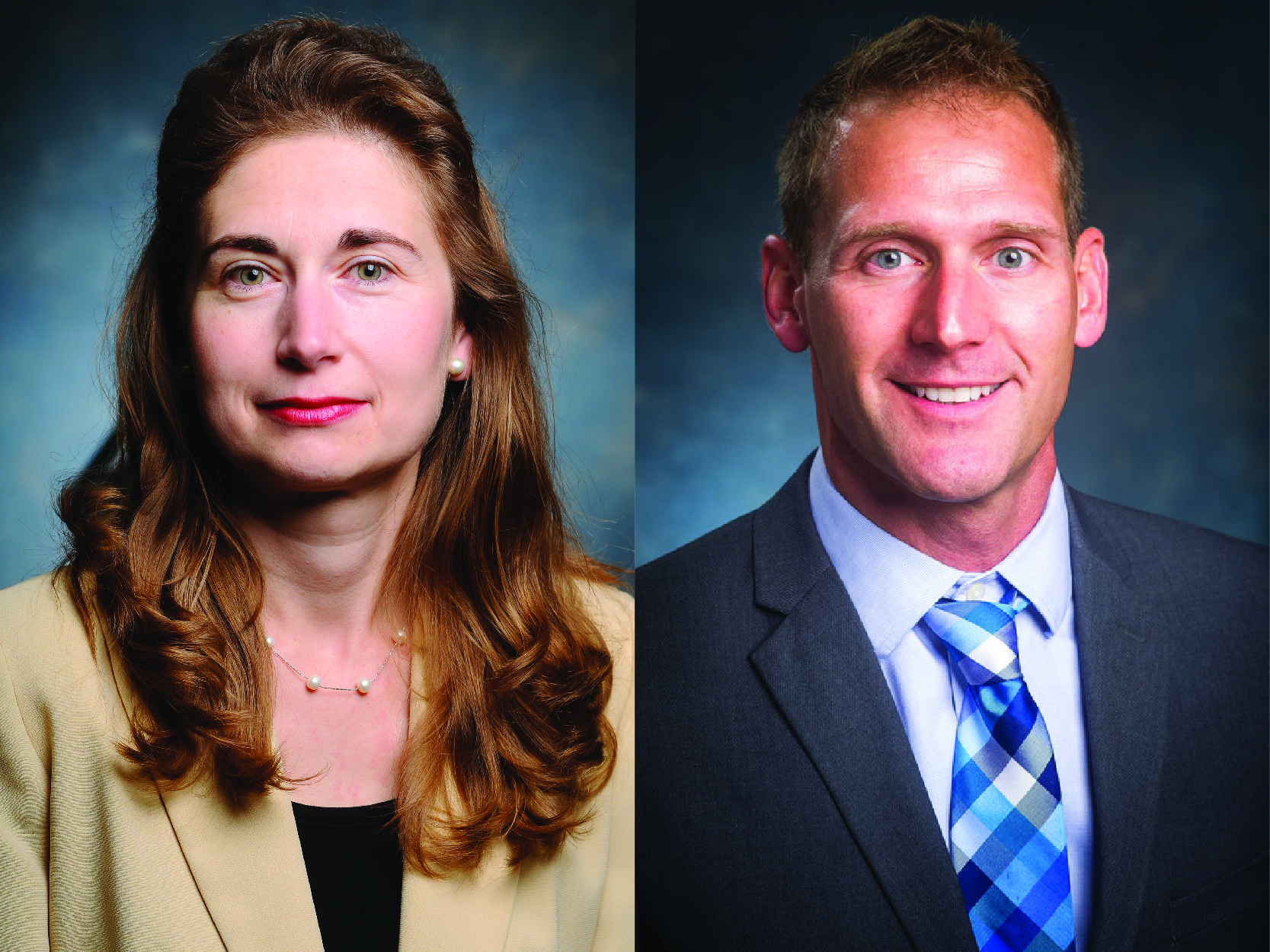 UAB Comprehensive Diabetes Center (UCDC) Director Anath Shalev, M.D., has secured a $3 million National Institutes of Health (NIH) multi-PI R01 grant to study the effectiveness of TIX100, originally developed as an antidiabetic, in treating MASLD and MASH.
UAB Comprehensive Diabetes Center (UCDC) Director Anath Shalev, M.D., has secured a $3 million National Institutes of Health (NIH) multi-PI R01 grant to study the effectiveness of TIX100, originally developed as an antidiabetic, in treating MASLD and MASH.
Shalev will collaborate with UCDC Scientist and UAB Division of Endocrinology, Diabetes, and Metabolism Associate Professor Kirk Habegger, Ph.D., who also serves as a principal investigator on the grant.
Their grant “Targeting MASH with Novel Small Molecule TXNIP Inhibitor,” scored among the top 4% of all grants submitted during the cycle. The grant will allow researchers to determine in preclinical studies how effective oral treatment with TIX100 is as a therapy for metabolic dysfunction-associated steatotic liver disease (MASLD) and steatohepatitis (MASH).
MASLD was formerly called non-alcoholic fatty liver disease. It is the most common chronic liver disease across the globe, affecting over a billion people. One important risk factor of MASLD is diabetes. Without proper intervention, MASLD can progress to MASH, a more serious form of liver disease that includes inflammation and in turn can progress to fibrosis, cirrhosis and liver cancer. Still, there is a lack of effective medications for MASLD/MASH.
Shalev and Habegger’s upcoming research aims to determine whether TIX100 could be used to treat MASLD and MASH. TIX100 is a novel antidiabetic drug that functions very differently as it inhibits the thioredoxin-interacting protein (TXNIP). Shalev has studied the detrimental effects of TXNIP in relation to diabetes for decades.
TIX100 is being developed by the UAB startup, TIXiMED, Inc. as an orally available antidiabetic for Type 1 diabetes. It recently obtained clearance from the United States Food and Drug Administration to proceed to clinical trials as an Investigational New Drug.
Because of their recent research studies, Shalev and Habegger saw an opportunity to use TIX100 for more than just Type 1 diabetes. In fact, Shalev’s lab recently demonstrated that TIX100 effectively protected obese and diabetic mice against steatosis (fatty liver).
“Our promising findings with TIX100 thus far has led us to hypothesize that it may also have beneficial effects in MASLD and MASH, where it may improve glucose and lipid homeostasis as well as inflammation and fibrosis” said Shalev. “Obviously, the fact that TIX100 has already passed all the safety studies in order to proceed to human trials makes it especially attractive in terms of future translation also of our planned liver studies.”
“I am thrilled to collaborate with Dr. Shalev and her lab to test the effectiveness of TIX100 as a treatment for MASLD and MASH,” said Habegger. “Research is always made better when we come together to tackle complex problems, especially for liver disease that affects so many in the U.S.”